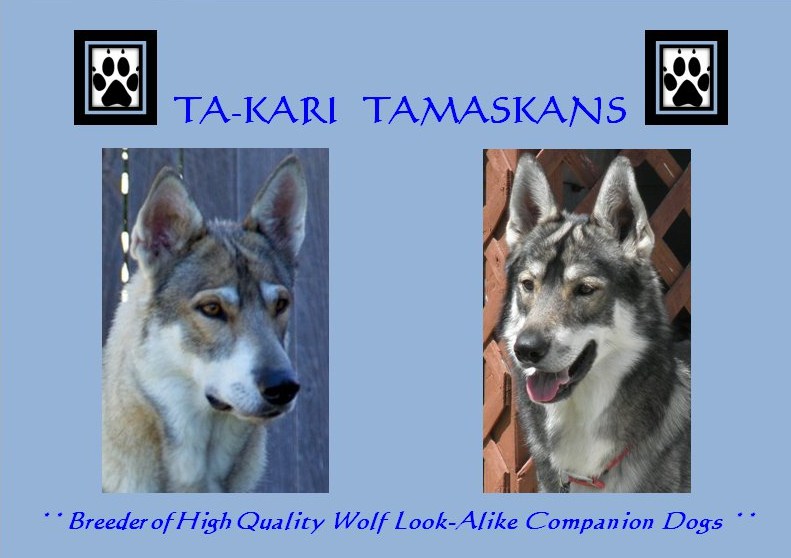|
Other sites that can help you find the right breeder: http://members.tripod.com/antique_fcr/goodbreeder.html http://www.cluebus.com/holly/breeder.html http://www.dogplay.com/GettingDog/justapet.html http://www.canismajor.com/dog/clasfied.html http://www.canismajor.com/dog/responbr.html http://www.canismajor.com/dog/sources.html http://www.canismajor.com/dog/sources.html
Being a breeder, now matter
how many years one claims to have been one, and being a reputable breeder, are two different things. Here are some things
to look for... A reputable
breeder...
|
|
... screens their dogs
for genetic problems and is willing to provide you with official documentation showing test results. They should be able to
tell you about the genetic problems in the breed and show proof that the parents of the litter are free of
those problems.
... does
not breed dogs "to make money", “get out of debt” or so "our children can experience the miracle
of birth", and certainly not at the expense of the health of the dogs or the breed. A reputable breeder
breeds to advance their breeding program and for their love and devotion to the breed and its future.
...
will tell you the good points as well as the bad points of the breed. [Nothing is perfect in
any breed, so beware of those touting their breed as a completely healthy breed or lacking faults.] They
want to make sure you are fully aware of what to expect before you buy the puppy and what to look
for as potential issues. Cute little puppies grow into big dogs. Will you be happy when that cute little ball of fuzz
turns into an 80 pound, shedding fur factory?
... will keep adopters apprised of
ANY health issues that have arisen with any other siblings in the litter (no matter at what age), or of any other litters
of the same parents. Do you want to find out when your dog is 4 that its parents had hip
dysplasia, or its siblings were diagnosed with other health issues? That's why a reputable breeder will make certain
that s/he keeps in contact with ALL its puppies' adopters (even if disagreements arise) throughout the puppy's life.
... usually only breeds a litter if they intend on keeping something out of the litter or to provide to other breeder homes
in order to further the breed. They are breeding to further improve their breeding program, not just to produce puppies
for pet buyers.
... should be able to explain the reasoning behind
breeding a particular dog to a particular bitch, and provide a thorough background and the relationship between
the dogs, if any. They should be attempting to reach perfection as defined by the breed's standard (again, not at
the expense of the health of the breed). In the attempt to reach this goal with the resulting puppies, they should
be able to explain the good points of each dog and what things they are trying to improve. If when asked about the
breed standard, the breeder looks at you with a blank look on their face-RUN! If they don't know what a standard
is, they shouldn't be breeding dogs. [We’ve had this experience with one Tamaskan breeder
in the US. Another claiming to have Tamaskans has bred completely against the standard s/he has posted for its breed.]
... should be able to provide you with a pedigree of the puppies, not just a copy of the parents registration papers. A pedigree
usually has at least three generations of the puppies' ancestors listed. [We will provide a standard
5-generation pedigree through the TBA, but we can go as far back as 7-10 generations on some dogs.]
...
does not breed a volume of puppies. A breeder with 7 adult bitches is not going to breed all 7 in a single year.
[How many litters does this person have at one time? If it is more than two, you should question
why. Also, have they advertised the births of each litter so purchasers can keep track of volume, or have
the hidden births to avoid questions?]
|

